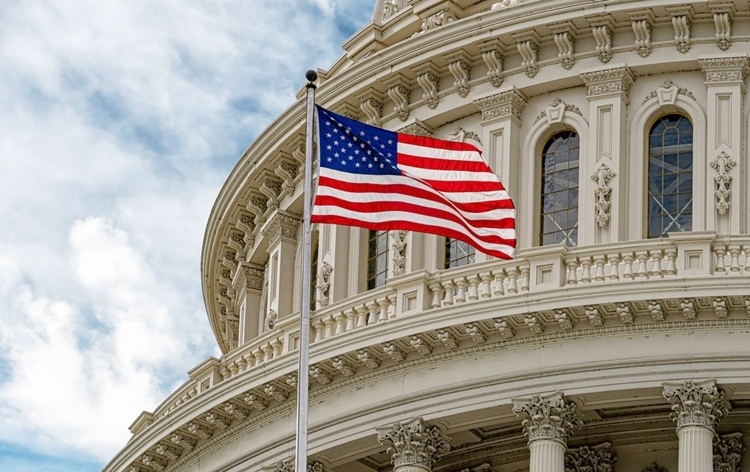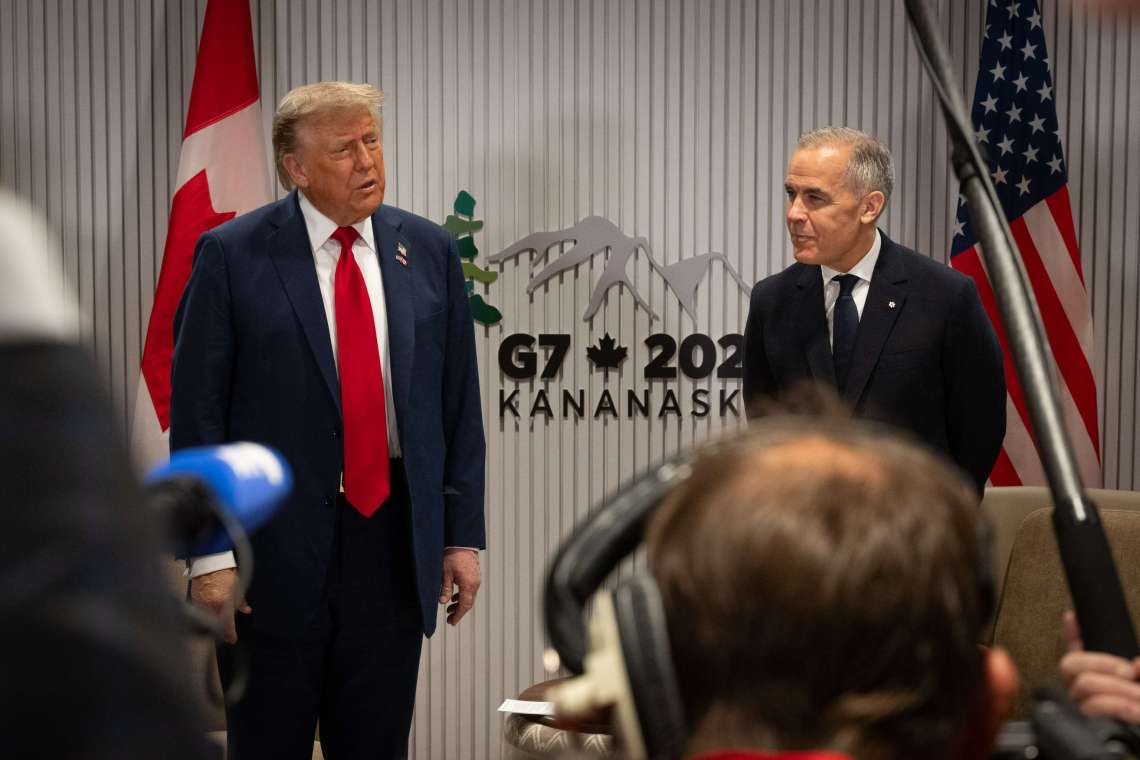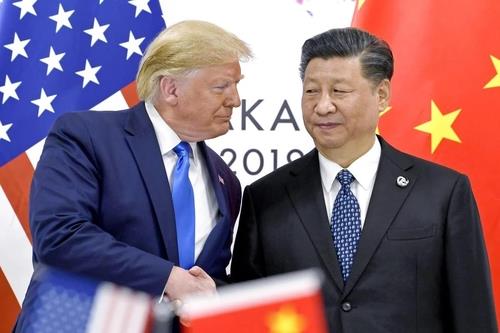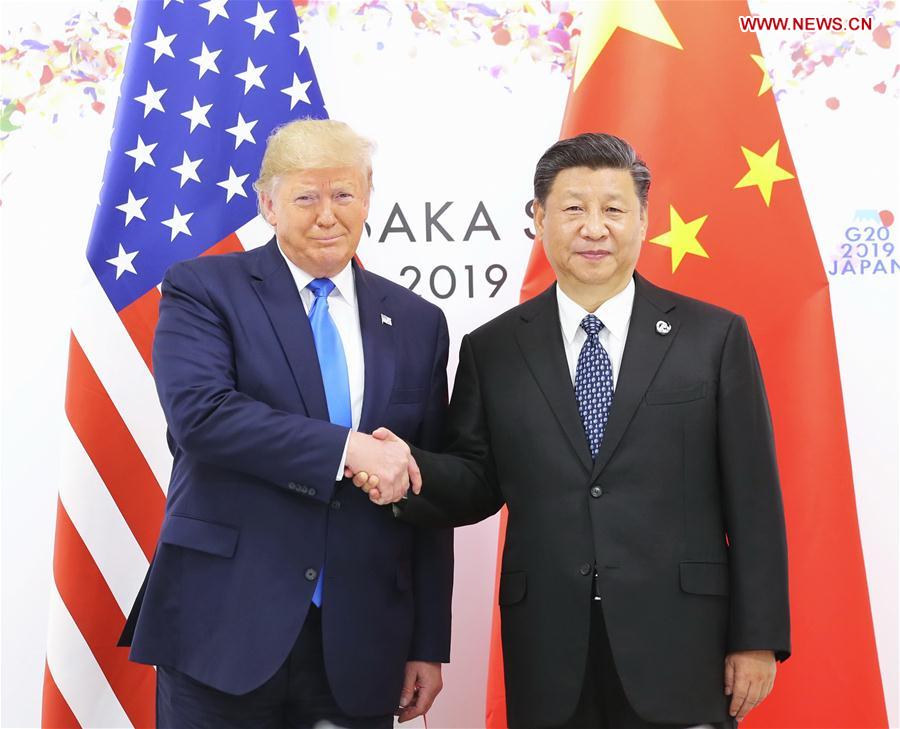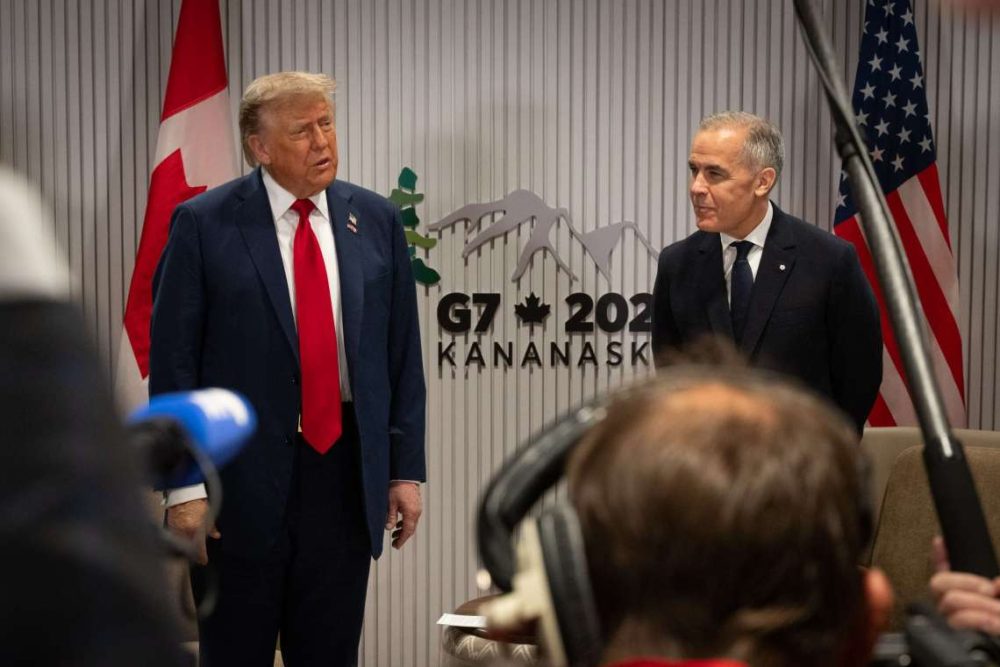The bill, passed in a 281-140 vote on Wednesday, aims to support Taiwan’s self-defence initiatives amid rising tensions in the region…reports Asian Lite News
The House of Representatives has approved a $895 billion National Defence Authorisation Act (NDAA), which includes provisions to enhance Taiwan’s defence capabilities with up to $300 million in military articles and training.
The bill, passed in a 281-140 vote on Wednesday, aims to support Taiwan’s self-defence initiatives amid rising tensions in the region.
The NDAA includes the Taiwan Security Cooperation Initiative, designed to help Taiwan maintain its self-defence capabilities. US Representative Jack Bergman, chairman of the House Armed Services Subcommittee on Intelligence and Special Operations, called the bill “critically important” in ensuring Taiwan’s ability to defend itself. He emphasised that the act would significantly contribute to Taiwan’s defence infrastructure.
In addition, Representative John Moolenaar, chairman of the House Select Committee on the Strategic Competition between the US and the Chinese Communist Party, highlighted the inclusion of a study on defence industrial agreements with Taiwan.
“The bill requires a feasibility study of entering into defence industrial agreements with Taiwan to promote lethality and supply chain resilience,” Moolenaar said.
The NDAA authorises the Pentagon to provide Taiwan with military assistance in key areas such as anti-tank and anti-ship missiles, uncrewed aerial vehicles, long-range precision weapons, cyber defence, electronic warfare, and integrated air and missile defence systems. This funding is also intended for critical combat training, secure communications equipment, intelligence, surveillance, and reconnaissance support, reported Taipei Times.
To speed up the delivery of arms, the bill directs the US State and Defence departments to provide Taiwan with defence articles directly from US inventories and to supply foreign partners with the necessary materials to replenish their own stocks used in supporting Taiwan.
The bill also establishes a partnership program between the US and Taiwan in military trauma care, mental health conditions associated with post-traumatic stress disorder, and amputee care. In a related move, the bill proposes inviting Taiwan’s naval forces to participate in the next year’s Rim of the Pacific exercise, though this is a non-binding suggestion.
Additionally, the bill incorporates the BOLSTER Act, aimed at coordinating plans with European allies in response to any attempts by China to overthrow Taiwan’s government or block its access to the region. The NDAA also includes provisions for responses to potential cyberattacks on Taiwan or a naval blockade, Taipei Times reported.
To assess the impact of Chinese military actions, the bill requires the US president to submit reports on the expected economic consequences of a 30-day and 180-day blockade or quarantine of Taiwan by the People’s Liberation Army.
With the approval of both the US Senate and House, the NDAA is now one step closer to becoming law, pending the signature of the US president. However, the bill’s implementation also depends on the passage of a separate appropriations bill.
Meanwhile, Taiwan’s Ministry of National Defence (MND) on Friday released a rousing video highlighting Taiwan’s defence capabilities and informing of the threat posed by the Chinese military to Taiwan.
The video was shared by the Taiwanese Defence Ministry through a post on X.
“The threat posed by #PLA to Taiwan and the region has escalated from coercion to directly affecting the First Island Chain, undermining the rules-based international order. #ROCArmedForces continue to forge our capabilities and deter war”, the MND said.
The video showcased Taiwan’s defence capabilities, its weapons and the armed forces personnel in action, preparing and training.
“PRC has jeopardised the peace with its military threat, challenged the rule-based international order. Its action will never earn the approval from the international community”, the video noted.
“To safeguard our territory, and sovereignty, and maintain regional security, the R.O.C. Armed Forces closely monitor our adversary and has adjusted reactions accordingly. We train at the moment, we face our opponent and keep up our work in force buildup. We forge our capabilities in rigorous training. Our faith is from our strength. We stand firmly to safeguard our national security”, the video said.
The video comes after the Chinese incursions near Taiwan’s territory have seen an uptick in recent times.
On Saturday, the MND reported that 12 Chinese military aircraft, 14 naval vessels and 9 official ships were detected operating near Taiwan until 6 am (local time). The details were shared by Taiwan’s Ministry of National Defence (MND) in a post on X.
Earlier on Wednesday in a post on X, the MND said, “Confronting normalized #PLA provocations, apathy is not an option. #ROCArmedForces seize every training opportunity!”
Taiwan-China issue is a complex and longstanding geopolitical conflict centred on Taiwan’s sovereignty. Taiwan, officially known as the Republic of China (ROC), operates its own government, military, and economy, functioning as a de facto independent state.
However, China considers Taiwan a breakaway province and insists on the “One China” policy, which asserts that there is only one China, with Beijing as its capital.
This has fuelled decades of tension, especially since the Chinese Civil War (1945-1949), when the ROC government retreated to Taiwan after the Communist Party, led by Mao Zedong, took control of mainland China. Beijing has consistently expressed its goal of reunification with Taiwan, using diplomatic, economic, and military pressure to isolate Taiwan internationally. Meanwhile, Taiwan, supported by a significant portion of its population, continues to maintain its independence
ALSO READ-Taiwan urges China to stop “provocative behaviour”


